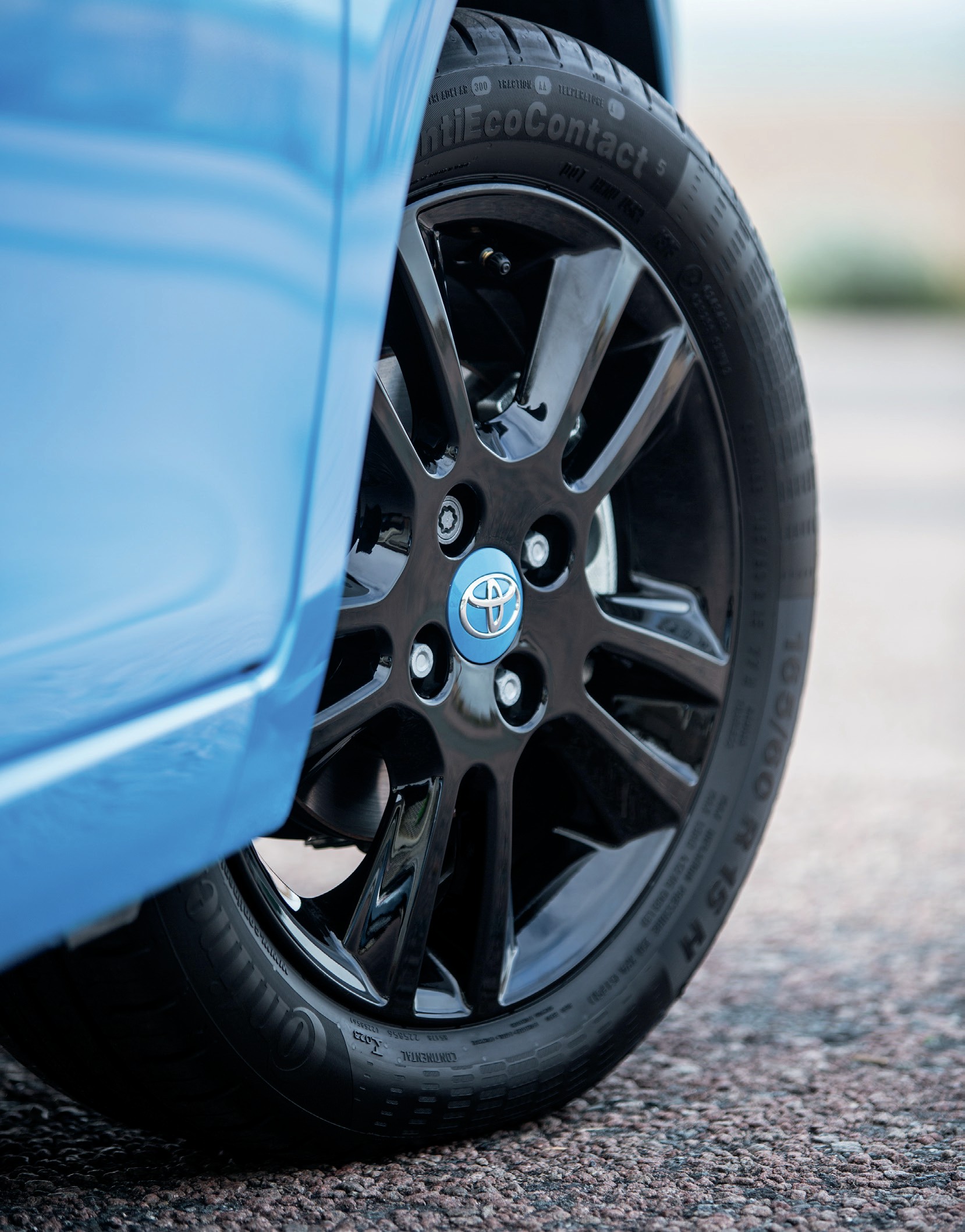
Toyota models sold in Japan and Thailand are different to those sold in Europe
When US giant Procter & Gamble (P&G) launched Ariel detergent globally, 13 subsidiaries of decentralised rival Unilever brought out their own soap powder rival to Ariel — so in Brazil Unilever launched a different brand to that in the UK. Almost everywhere in the world, P&G gained market share. An internal report informed Unilever head office that not only had huge resources been wasted developing, manufacturing and advertising 13 different products, but none were as good as P&G’s.
This case history is quoted by Bartlett and Ghoshal in their academic writings about the complexity of managing international companies. They (and Unilever) concluded that its business was excessively decentralised. The Anglo- Dutch company had grown up as a federation of different national businesses, each with a local managing director with almost total power over national operations. So Unilever France operated with great autonomy even though the country was part of the European Union and the subsidiary was wholly owned by Unilever plc.
Your organisation does not have access to this article.
Sign up today to give your students the edge they need to achieve their best grades with subject expertise
Subscribe




